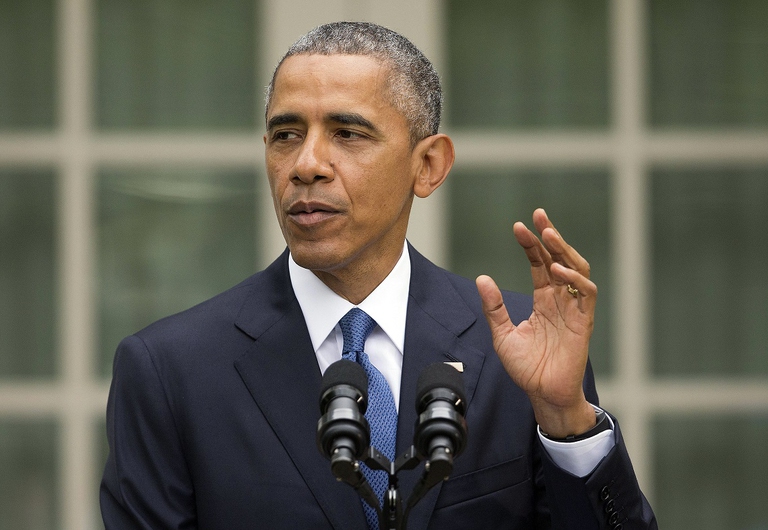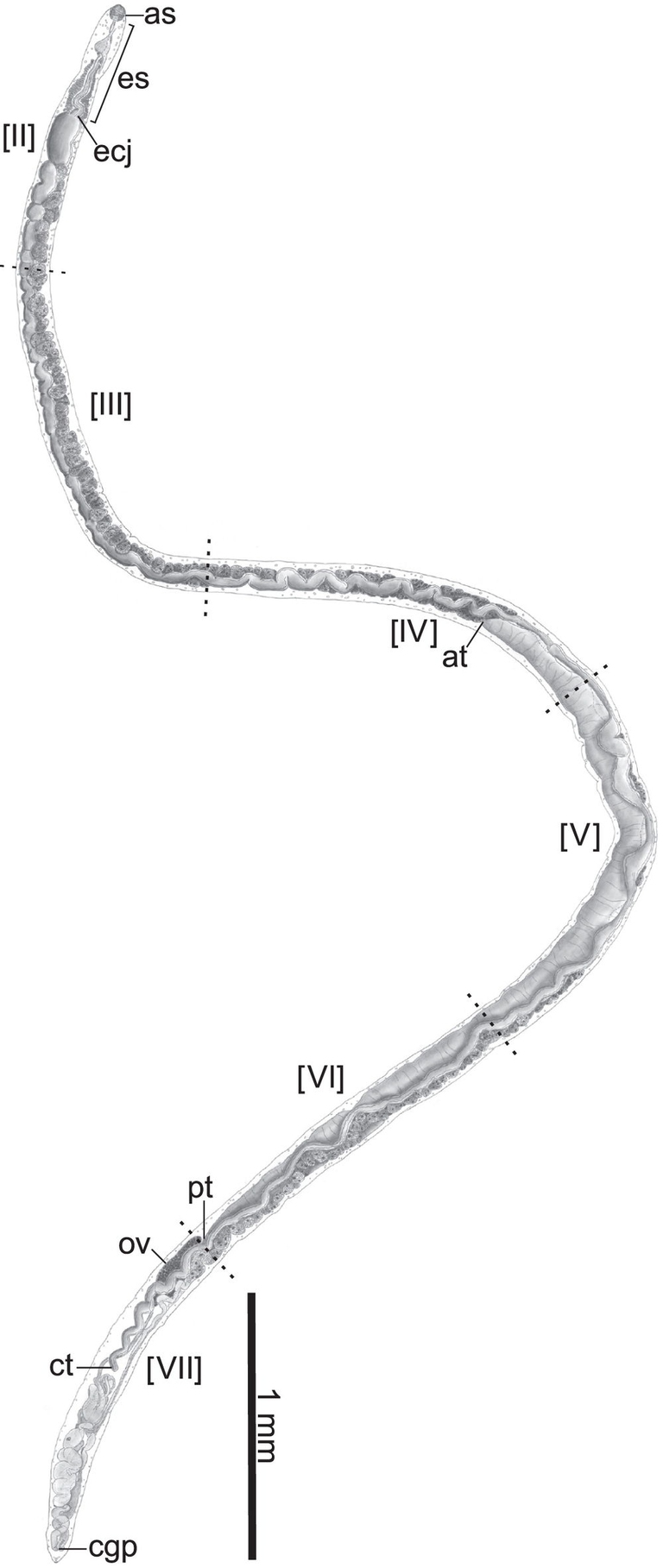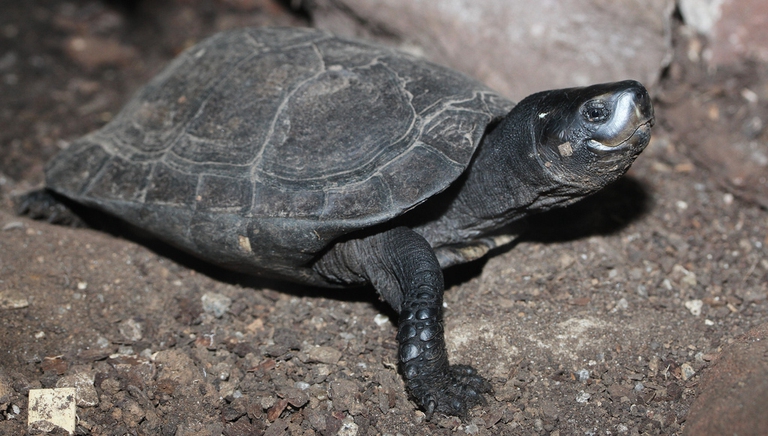
Our species took its first steps in a world covered in trees. Today, forests offer us sustenance, shelter, and clean the air that we breathe.
È stata scoperta una nuova specie di parassita che vive nelle tartarughe, ed è stata battezzata come il presidente degli Stati Uniti, Barack Obama.
Someone may be offended if a parasite – an animal with a really bad reputation – was named after him or her. But we believe that US President Barack Obama has the right sense of humour to appreciate a similar tribute.
A new species of parasite has been classified in Malaysia. It lives in the blood of two species of freshwater turtles, the black marsh turtle (Siebenrockiella crassicollis) and the southeast Asian box turtle (Cuora amboinensis), and has been named Baracktrema obamai, in honour of the President of the United States.
The new parasite, described in the August issue of the Journal of Parasitology, is a minuscule flat worm, with a long, threadlike body. Thomas R. Platt, who led the group of parasitologists, is a distant relative of the president and decided to pay tribute to Obama by naming the worm after him. “It’s an honour,” said Platt. “People pay thousands of dollars for the privilege of having a species named after them”.
According to scientists, the Baracktrema obamai is an incredibly resilient organism that lays its eggs in turtles’ pulmonary alveolus. When eggs hatch, the blood gets infected. However, the entire process isn’t still completely clear to scientists. The parasites “are distant relatives and likely ancestors of the parasitic flatworms that cause the human disease schistosomiasis, a devastating disease that debilitates millions of people in developing countries annually”. Studying the new parasite could shed light on how it develops and improve our knowledge on how to fight the disease that continues to hit human beings.
Siamo anche su WhatsApp. Segui il canale ufficiale LifeGate per restare aggiornata, aggiornato sulle ultime notizie e sulle nostre attività.
![]()
Quest'opera è distribuita con Licenza Creative Commons Attribuzione - Non commerciale - Non opere derivate 4.0 Internazionale.
Our species took its first steps in a world covered in trees. Today, forests offer us sustenance, shelter, and clean the air that we breathe.
Poachers in Africa are encroaching on wildlife land and killing rhinos in travel hot spots now devoid of visitors due to the coronavirus pandemic.
Actor and environmental activist Leonardo DiCaprio has contributed two million dollars to a fund to protect Virunga National Park in Congo from threats such as terrorism, the coronavirus and poaching.
For the first time in seventeen years, Iceland’s two main whaling companies won’t resume whale hunting. The announcement concerns this year’s season but could carry into the future.
The relationship between the coronavirus and wildlife is complex: while the pandemic may lead to a reduction in the illegal trade in wild animals, it may also encourage it in other respects.
The largest coral reef in the world is severely threatened by climate change, but researchers are developing strategies that could contribute to saving the Great Barrier Reef.
NGO Free the Bears has opened a mountain sanctuary for moon bears in Laos. With the government’s help, it aims to close all bile farms by 2022.
Seychelles have extended its marine protected area, which now covers over 400,000 square kilometres, an area larger than Germany.
The tapir was reintroduced into Brazil’s Atlantic Forest, the country’s most at-risk ecosystem. The species can play a key role in the forest’s recovery.










